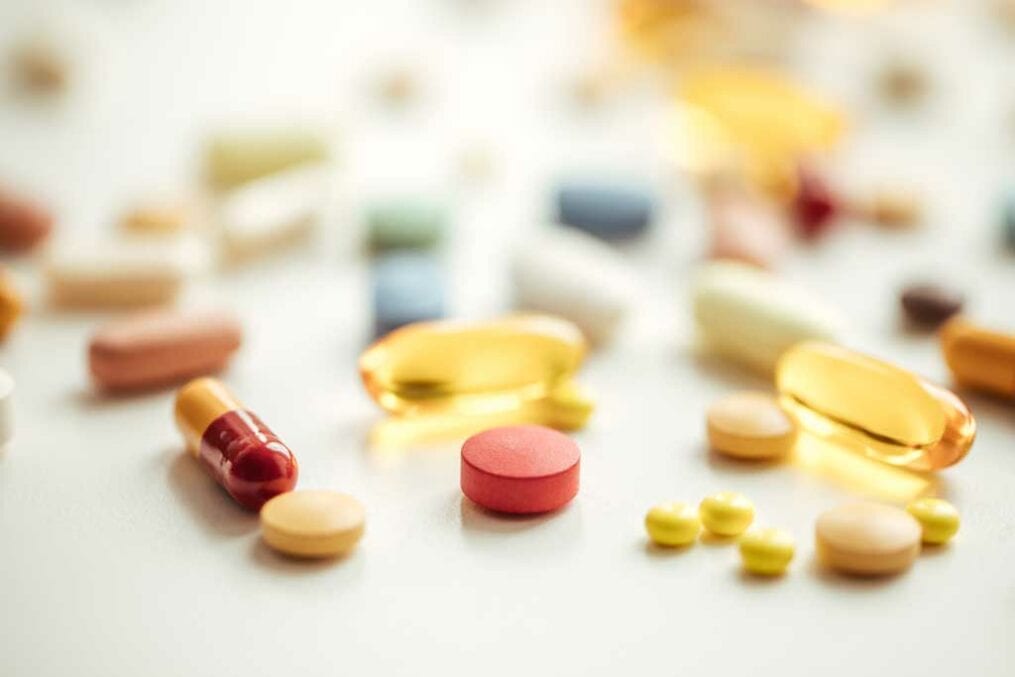What does iron do?

What is it?
Iron is an essential mineral that is an important component of the haemoglobin in red blood cells, which carries oxygen around your body. If you have too little iron, your body can’t make enough healthy oxygen-transporting red blood cells. The knock-on effect is a fatigued body, which impacts brain function and immunity. If your GP diagnoses you with a deficiency (anaemia) you’ll be prescribed iron tablets and advised to eat more iron-rich foods.
Am I likely to be low?
Official figures show that 46% of girls and 23% of women in the UK have low iron intake, so it’s very possible. In fact, iron deficiency anaemia is the world’s most common nutritional deficiency disease, particularly amongst children and women of childbearing age.
Heavy periods can leave you lacking – research has shown that 50% of women with heavy menstrual bleeding are deficient – as can pregnancy because your body needs extra iron for your growing baby. Exercise can also drain your iron levels – one study found that female distance runners had their iron stores depleted by half. Not getting enough vitamin C can be problematic, too, as it’s needed to absorb iron found in veggie sources. Speaking of which, veggies and vegans can struggle, because plant-based iron is harder for the body to absorb.
What happens if I’m deficient?
You could end up with iron deficiency anaemia, where a lack of iron in the body reduces the number of red blood cells, so your organs and tissues won’t get as much oxygen as they usually would. Symptoms include tiredness, lack of energy, shortness of breath, heart palpitations and a pale complexion, and sometimes headaches, tinnitus, an altered sense of taste, feeling itchy, a sore or very smooth tongue, hair loss, a desire to eat non-food items like ice and paper, difficulty swallowing, mouth ulcers and spoon-shaped nails. Left untreated, it can dent your immune system, leaving you more likely to get ill and if it’s severe you could have an increased risk of developing complications that affect your heart or lungs, such as an abnormally fast heartbeat.
And if I’m just low?
Low iron levels can leave you foggy headed, can give you tummy problems, and can make it hard for your body to regulate its own temperature. Low iron intake during pregnancy can make premature birth and low birth weight more likely.
In one US study, researchers found that female students who were unfit and iron deficient achieved lower grades than women who were fit and had normal iron levels, providing evidence that good iron levels effect cognition. And US research looking at over 300,000 adults aged 21 to 90 has linked hearing loss with iron deficiency anaemia.
How much do I need?
Women aged 19 to 50 need 14.8mg a day. After menopause, you only need 8.7mg. You might need more if you’re pregnant or breast-feeding*, have a gastrointestinal disorder, such as coeliac, Crohn’s or ulcerative colitis, or if you exercise a lot.
When it comes to your diet, iron comes in two forms: haem and non-haem. Haem iron is found in foods that once contained haemoglobin, a protein found in red blood cells, and makes up 40% of the iron in meat, poultry, and fish, and is well absorbed. Non-haem iron, which makes up 60% of the iron in meat and all the iron in plants (pulses, nuts, seeds, dark green veg, dried fruit, wholegrains and spirulina, plus fortified cereals), is less well absorbed. Non-haem iron is better absorbed alongside vitamin C-rich foods, such as kiwi, peppers, broccoli or oranges. If you’re vegetarian or vegan, you may need a supplement to hit your daily requirement. Supplement-wise, it’s a good idea to choose iron tablets that also contain vitamin C. Foods that include tannin and caffeine – for example, tea, coffee and chocolate – bind to iron and so hinder its absorption. For this reason, it’s best to avoid having your daily brew alongside your meal – wait an hour before boiling that kettle.
*Check with your GP before taking supplements if pregnant or breastfeeding.





